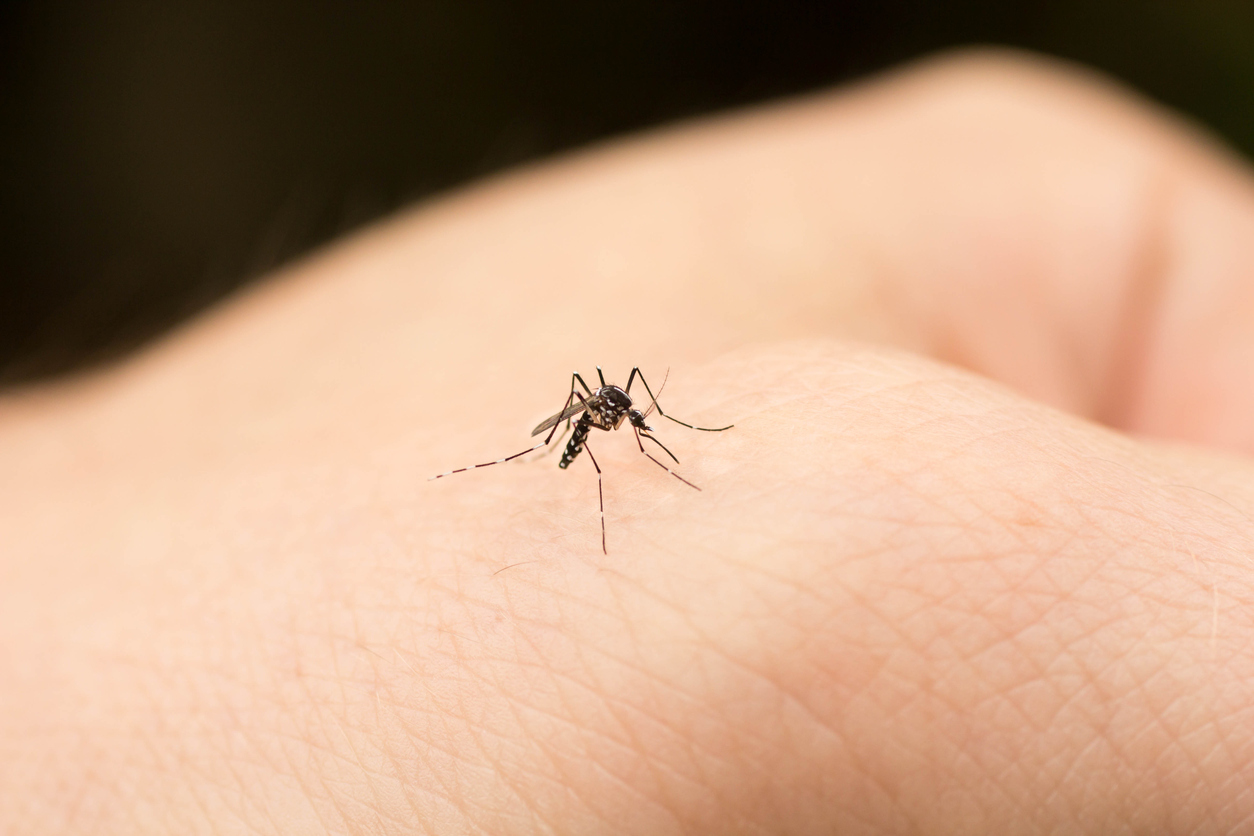
5 Facts About Ticks You Might’ve Not Known
With warm weather comes more and more people heading outside to get the fresh air they’ve been scratching at the door for.
Playing in the backyard with the dog or hiking up your local trails might be on your list of things to do this week, but remember to always be conscious of ticks.
We all know ticks can spread Lyme disease, but did you know they…
- Aren’t Insects – Most people are quick to jump and classify these pests as insects, but in reality, they’re actually arachnids. Like spiders, ticks have eight legs and no antennae.
- Feed Off Blood – The reason ticks will attach to you when you’re on the hiking trail is because they’re looking for a meal — also known as you and your blood! The blacklegged tick (also known as the common deer tick) will mainly feed on deer, but they will resort to feeding on other animals and humans as a way to survive.
- Make a Leap of Faith – In order for ticks to attach to a host, they will stand on low hanging leaves or grass. With their back legs holding onto their platform, they will reach out with their front legs as a potential host passes by. Sometimes ticks will even let go and fall onto a passerby. This leap of faith practice is known as questing.
- Love Dogs – Your furry little friend is the easiest target for ticks, especially those who are constantly running around in the backyard. Make sure you inspect your dog after they’re done playing in the yard or after long walks. You should also be washing their bedding and softer toys on a regular basis.
- Feed for Days – When ticks feed on a host, they will bury their head into the host’s skin and feed for days. It usually takes anywhere from 24 to 48 hours for Lyme’s disease to be transmitted, so it’s important to inspect yourself and your pets often. Early removal is imperative to avoiding transmitted infections.
Tick season is here and it’s important to know all you can about these little pests in order to avoid being bit by one.
If you feel like your property hosts a large population of ticks, contact the pest management professionals at Knockout Pest Control.



